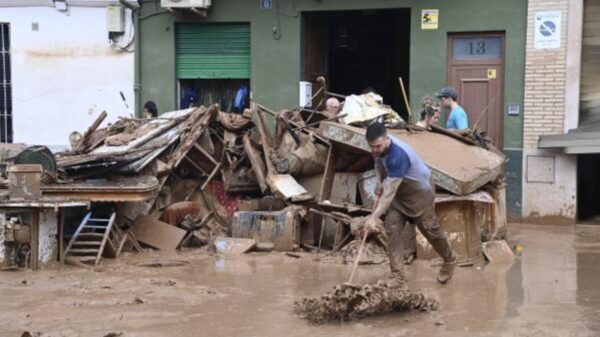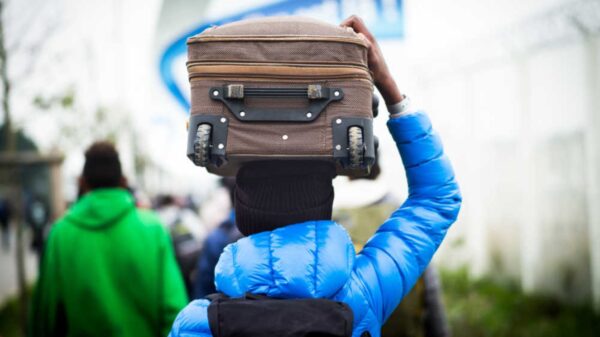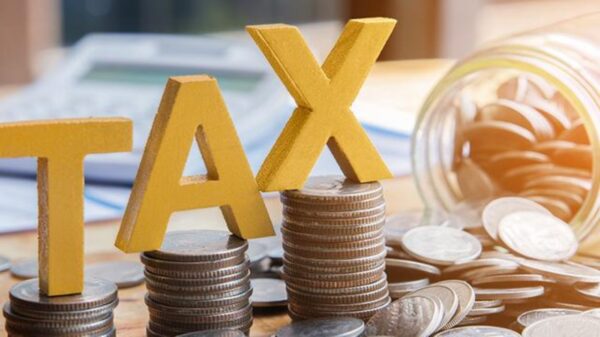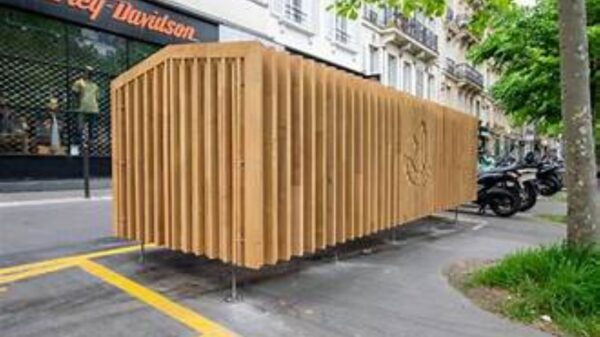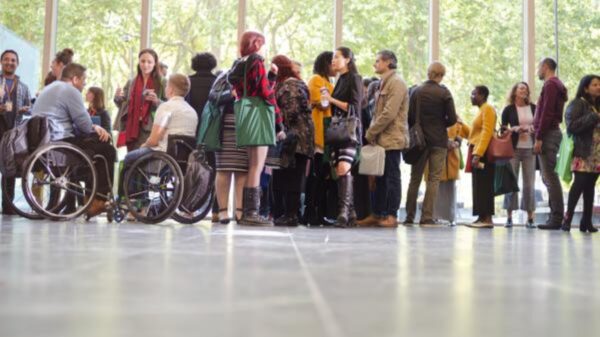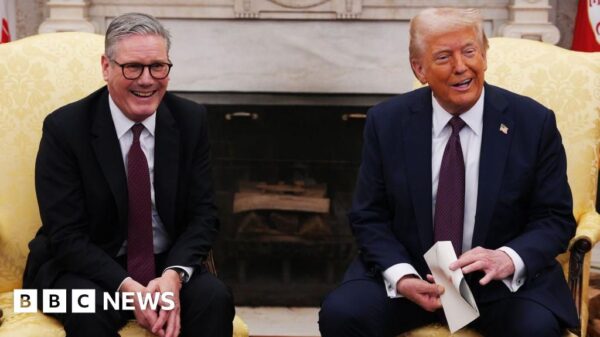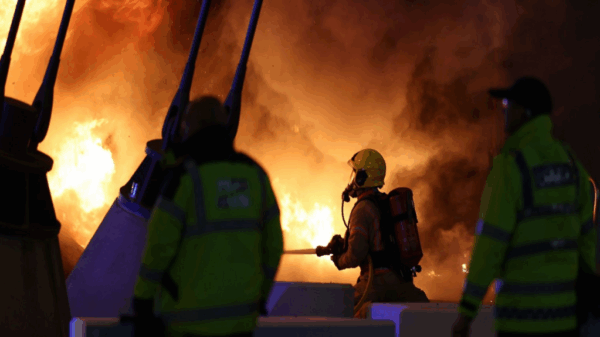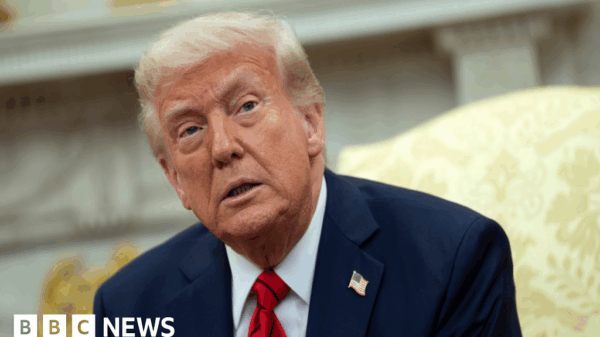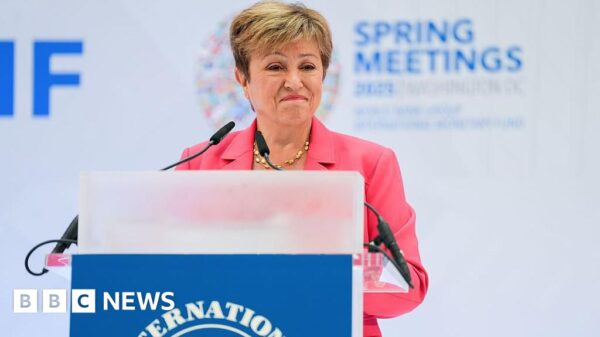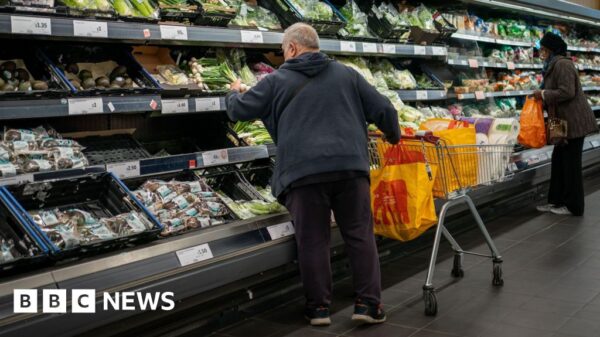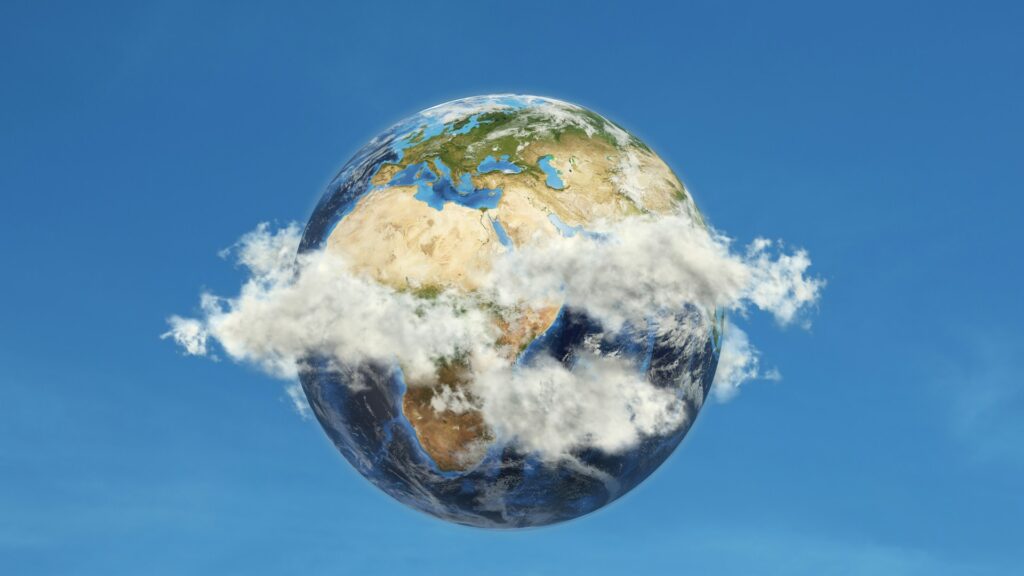The European Green Deal was not designed to cope with the extraordinary series of overlapping crises the world has been facing.
That is the view of Marc-Antoine Eyl-Mazzega and Diana-Paula Gherasim. of the IFRI Centre for Energy
Both have authored an authoritative report, “How Can the Green Deal Adapt to a Brutal World?” which identifies “ten key points that need to be addressed to adjust the Green Deal to the new realities.”
Eyl-Mazzega, Director of the IFRI Centre for Energy and Gherasim, a Research Fellow, say the European Green Deal “has not been planned for the current extraordinarily deteriorated internal and external environment.”
“Russia’s war in Ukraine, higher interest rates, inflation, strained public finances, weakened value chains, and lack of crucial skills pose unprecedented challenges,” they state.
The study has identified ten key points that need to be addressed with priority to adjust the Green Deal to what they called “a brutal world.”
They also say that “much lies in the hands of governments who need to get their act together to implement what has been decided.”
From farming to fire safety, the EU’s Green Deal appears to be under attack from different angles.
The European Green Deal is Europe’s plan to decarbonise and become a climate-neutral continent by 2050.
But opposition to at least some aspects of the wide-ranging policy has, most recently, been witnessed with action by Europe’s farming sector. Farmers across the continent drove their tractors to Brussels, the EU capital, to express their anger and frustration at the flagship environmental policy.
Some believe that rising concerns about the potential impact and implementation of this multi-layered policy have left the Green Deal badly wounded.
Critics who still harbour hopes of changes being made to the policy draw inspiration from recent events – and not just noisy demos by farmers.
As recently as November, the European Parliament successfully changed aspects of the Nature restoration law.
The original aim of the law, a hotly contested pillar of the European Green Deal, would have forced EU countries to restore at least 20% of the bloc’s land and seas by the end of the decade.
Critics said the original plan was ideologically driven, practically infeasible and a disaster for farmers, forest owners, fishermen and local and regional authorities.
Changes were made to the text, however, and some now hope to do the same with those other elements of the Green Deal that still concern them.
What is clear is that such reservations and fears do exist across a range of areas, ranging from the business community to the fire service.
Entrepreneurs, for example, are concerned about the implementation of the flagship environmental policy with SMEunited president Petri Salminen believing the Green Deal has increased regulatory pressure on small and medium enterprises. With an eye on the upcoming EU elections, he wants the next Commission’s mandate “to be about making law work instead of law-making.”
“Entrepreneurs innovate and invest to reach the climate targets, let them”, said Salminen.
An SMEunited source said this means, first of all, allowing entrepreneurs time to green their business models and processes rather than “fill out administration.” We also have to guarantee the offer of technical assistance, as for example through the Covenant of Companies for Climate and Energy. Moreover, access to (green) finance for investments should be ensured.”
Agricultural workers, meanwhile, say green policies and taxes are eating into their profits and are demanding more government subsidies. They say they will be the hardest hit by environmental reforms and that they need more government subsidies to offset them.
Farmers say that authorities’ eco-transition policies make national producers uncompetitive. Not only does it make farms unprofitable, it forces many to buy food products from countries where environmental standards are weaker, they claim.
But even the fire service, a sector not exactly known for militancy, has some reservations about the Green Deal.
Fire Safety Europe, a body comprising 18 organisations representing the European fire safety sector, says there are “fire risks” associated with the Green Deal.
These “new fire risks”, it says, relate particularly to the electrification of buildings.
Innovations like solar panels, electric vehicle charging stations, and heat pumps, while essential for reducing carbon emissions, also bring potential fire hazards due to increased electrical loads and maintenance challenges, according to Fire Safety Europe.
Existing fire risks will be further exacerbated by the European Green Deal’s emphasis on decarbonising buildings through advanced innovations “if fire safety is not considered.”
The deployment of PV panels, EV charging points and heat pumps, while important in reducing carbon emissions, introduces new ignition risks due to increased electrical loads or subpar installation and maintenance. New building materials and new construction methods aiming to achieve higher energy performance or sustainability also have an impact on fire dynamics.
In its “EU Manifesto 2024-29,” it says the European Union needs to “properly address” the emerging safety risks linked to electrification solutions and other modifications of the built environment.
It is also argued that Green Deal measures might further strain relations between EU member states and/or burden citizens.
The highly respected Royal Institute for International Relations points out that the EU acknowledges that citizen participation in the European Green Deal is crucial to ensure the legitimacy of policies and public buy-in for climate measures.
But the Institute also cautions that a “key” issue that remains to be addressed is reaching groups that may otherwise be overlooked or “fall through the cracks”– particularly those with the most to lose in the (Green) transition.
Under the Green Deal, all packaging should be reusable or recyclable in an economically feasible way by 2030.
The Packaging and Packaging Waste Directive (PPWD) aims to reduce the negative environmental impacts of packaging and packaging waste but the industry says there are certain aspects that require further elaboration to ensure effective implementation.
But even recent amendments to date have caused concern for certain industry players, from reservations about new reuse targets failing to complement existing recycling efforts to objections about missing measures regarding bioplastics.
The paper industry has warned of “collateral damage” resulting from some aspects of the Green Deal, not least what it sees as the hasty implementation.
Collateral damage is defined as a loss of the European sector’s manufacturing capacity and skills and increased dependency on cheaper imports.
Elsewhere, the government of Flanders has raised concerns about another element of the Green Deal – how it will be funded.
There is, it says, still a lot of vagueness as to the funding of its ambitions and nor is there any clarity on the way in which the Green Deal objectives will fit within the Multi-annual Financial Framework (MFF). “The budgetary component of the Green Deal seems to favour the bigger polluters in the first place,” according to a position paper.
If the measures are to remain affordable, the European institutions will need to take into account the financial needs and risks inherent in a transition in prosperous regions such as Flanders, it says.
The European Commission says that climate change and environmental degradation are an existential threat to Europe and the world and, to overcome these challenges, the European Green Deal “will transform the EU into a modern, resource-efficient and competitive economy.”
It first published its proposals back in December 2019 and, on 6 February, EC Executive Vice-President Maroš Šefčovičwe said, “We are staying the course of the climate transition as agreed by EU leaders, as it will be increasingly important for our global competitiveness. This comes at a crucial moment in the debate around the future path of Europe’s green transition.”
But, as the EU marches towards its Green Deal goals,it is clear that concerns do exist and that they are shared by an assorted range of sectors.
For some, this casts doubt on the future of the Green Deal in its present form.

